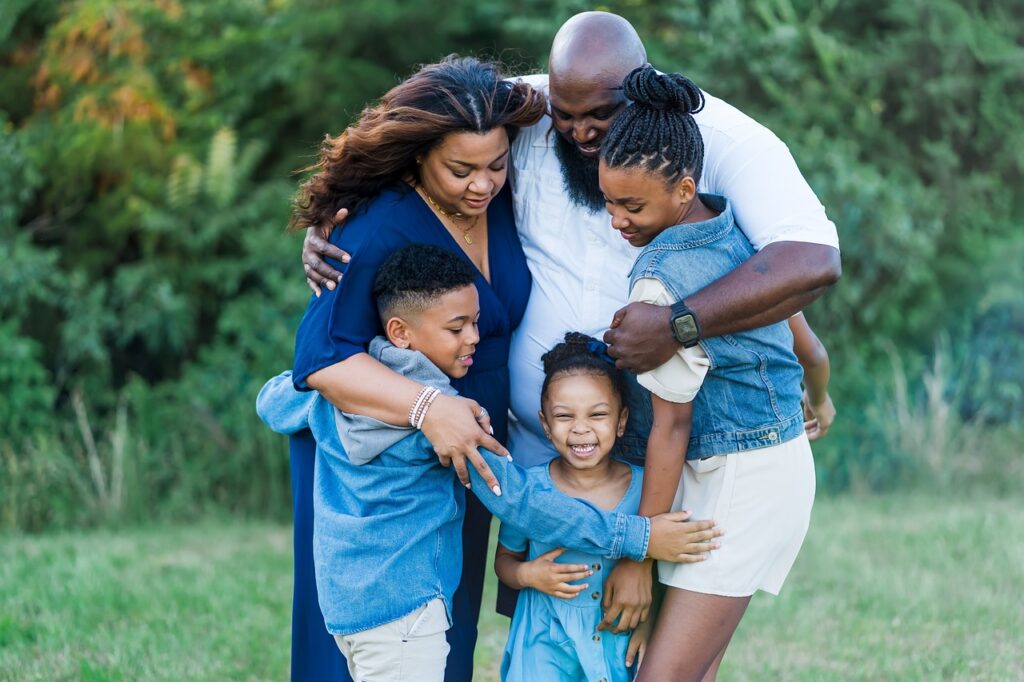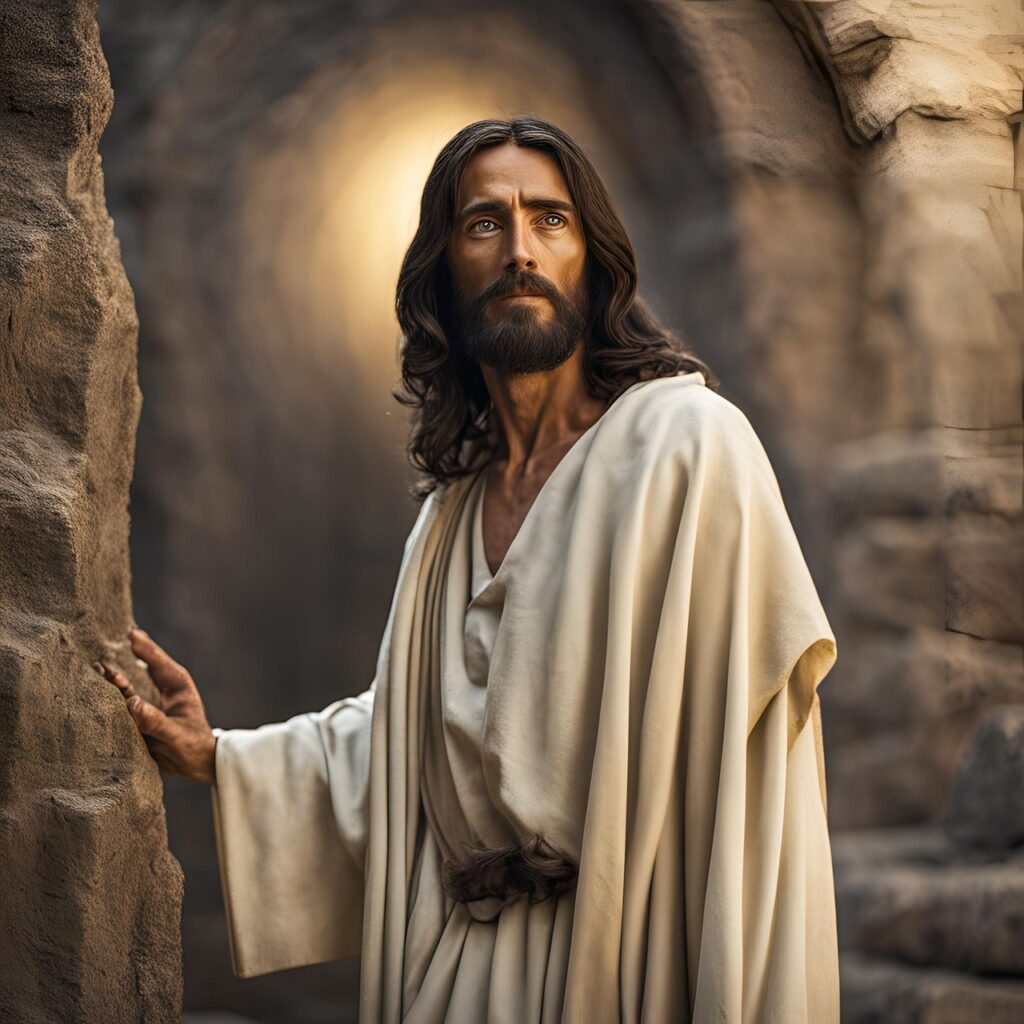Educating for love: Reflection by Monsignor Enrique Díaz
Feast of the Holy Family

Monsignor Enrique Díaz Díaz shares with Exaudi readers his reflection on the Gospel of this Sunday, December 29, 2024, entitled: “The ways of the Baptist”
***
I Samuel 1, 20-22. 24-28: “Samuel will be consecrated to the Lord for life”
Psalm 83: “Lord, blessed are those who live in your house”
I John 3, 1-2. 21-24: “We will be called children of God, and we are”
St. Luke 2,41-52: “Jesus’ parents found him among the doctors”
One by one, the prison bars have been opened. And one by one, with ironclad protection mechanisms, they have closed behind us. Our visit during the Christmas season has a hint of nostalgia and emptiness that nothing can fill. One of the prisoners in his conversation seems to sum up this feeling: “When I crossed the prison walls, my family ended… I have no one. The hardest thing about my sentence is the feeling of loneliness and abandonment, no one is interested in me.” And he tells us details of the breakup and loss of his family. It was not the walls that broke the family harmony, they were so fragile that any circumstance would have broken them, but his words remain in my heart: “A man without a family is worthless.”
In Nazareth, as in many of our communities, the family is everything: the place of birth, the surname, the background, the school of life and the perspective of work. Outside the family, the individual is left without protection, without security. As in many of our small towns, only in the family does the person find his identity, for better and sometimes for worse. And the family was not limited to parents, children and siblings, but included all relatives, grandparents, uncles, cousins and in-laws, who often shared a job, work tools, production and offered a certain amount of protection. Jesus would not only have Joseph and Mary, but a large “extended” family who felt he was theirs, who shared him, who encouraged him, but who also limited him and took him as their own. There Jesus was incarnated and there he would learn little by little, like every child, family traditions, the Torah, the value of friendship, prayer, the presence of God in his life, the Sabbath rest and many other teachings that are assimilated more by experience than by learning. The very narrative of this day presents his parents as pious Jews who used to go to Jerusalem every year for the Passover festivities. How could Jesus not also acquire a magnificent conception of the temple and of the time dedicated to God?
The Holy Family is presented to us as a model for every family, but we must immediately say that those were different times, that that peaceful, rural family bears no resemblance to the whirlwind of a family that we have, that today’s family bears no resemblance to that of Jesus, Joseph and Mary. If we leave aside the social and local particularities of each family, I believe that there are elements that do not change and that sustain both the family relationship and the community relationship. The centrality of the family is the starting point for building the new society. Many of the much-touted proposals for education have not taken into account the value of the family in the formation of the person, in their psychological maturity, in their periods of growth and in the teaching of true freedom. Nazareth is the first school of love, where we begin to understand the life of Jesus. He contemplated the attitude of his parents and assumed it. Today the family continues to be the first school, where the child is imbued with authentic values. Children are sponges, who observe and imitate what their parents do. The family, the domestic Church, is the first school of education in the faith, it is the place where the attitude towards society and one’s neighbour is assumed.
And it is not that Jesus is pigeonholed in the family or hides behind family ties in order to avoid assuming his responsibilities. This same passage shows us, on the one hand, following the tradition of participating in the feast of Easter, but on the other acting with great freedom and responsibility to discover his own mission and its consequences. It is a text from childhood and is full of theological meaning to present Jesus in the intimate relationship with his Father, but it also allows us to see the process of growth that Jesus is experiencing in every sense. Jesus was growing in knowledge, in stature and in the favour of God and men. Perhaps this is the most important thing in every family: to grow in freedom and responsibility.
Education, growing up hand in hand with parents, has been lost and responsibility is being left to the school, the street and the media. Although there are those who contribute and offer means to help a person mature, they are so few and so obscured that it is difficult for them to reach the majority of children and young people, who are frequently subjected to a bombardment and aggressive offer of false happiness, pornography and permissiveness that suffocates them and induces them to alcohol, drugs and the easy life. They are not educated for love or responsibility. They are not taught to have proactive initiatives and training plans. An atmosphere of service and sharing is not fostered, but rather one of competition, individualism and personal joy. What should we change to better educate young people and children?
The model of the Holy Family appears as an ideal to which we must strive: to grow in age, wisdom and grace before God and men. What should we pay more attention to in order to improve our families? Do we seek children as Mary and Joseph did? Do we educate them for freedom and love?
Lord our God, You have given us in the Holy Family of your Son the perfect model for our families, grant us to practice his domestic virtues and to live united by the bonds of your love. Amen.
Related

After Eight Days Jesus Arrived: Commentary by Fr. Jorge Miró
Jorge Miró
26 April, 2025
3 min

The Perspectivas del Trabajo Foundation is founded with the aim of promoting virtues for professional development
Exaudi Staff
25 April, 2025
2 min

Reflection by Bishop Enrique Díaz: Alleluia, alleluia
Enrique Díaz
20 April, 2025
5 min

Christ is Risen! Alleluia! Commentary by Fr. Jorge Miró
Jorge Miró
20 April, 2025
3 min
 (EN)
(EN)
 (ES)
(ES)
 (IT)
(IT)

